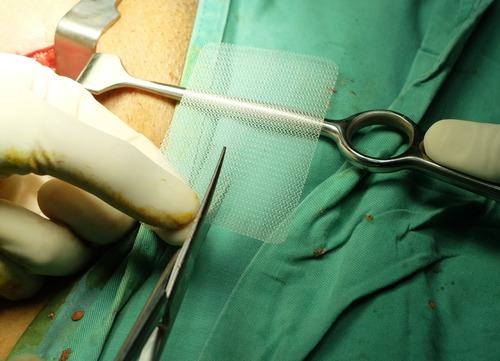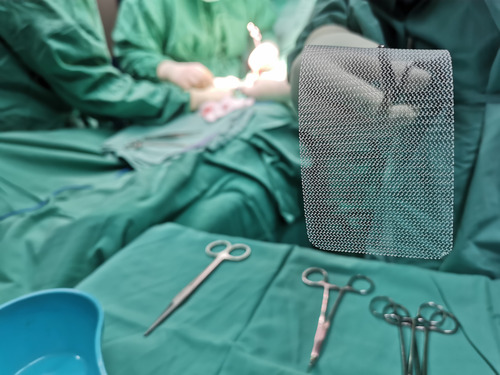The World Health Organization (WHO) has classified glyphosate as a probable carcinogen. The problem is, Glyphosphate, the main ingredient in the weed killer Roundup, which is manufactured by Monsanto. Several people are now suing the company claiming that they have been unknowingly exposed to this chemical and are suffering from cancer at various levels, particularly Hodgkin’s Lymphoma. It all started with just one Roundup class action lawsuit and has turned into this big mess that Bayer AG can’t put behind it quickly enough.
Bayer AG and Roundup Lawsuit
Bayer AG, the company that owns the most infamous Roundup weed killer, has decided to pay settlement amounts to the tune of $10 million to settle the tens of thousands of lawsuits filed against it.
The company announced the deal recently, and it is one of the largest civil suit payouts in the United States. Over 25 different law firms have reached the end of their negotiations and have advised their clients to take varying amounts depending on the severity of their issue.
The settlement is used to cover up a total estimated 95,000 different cases and includes $1.25 billion for potential future claims.
What Does Roundup Do?
Roundup is used to spray on plants as a herbicide. It was made by Monsanto, and Bayer AG formally acquired Monsanto in 2018. The weed killer was only introduced in the 1990s and has since found exponential use in agriculture since then.
Glyphosphate is the most widely used weed killer in the US now and accounts for roughly half of the total revenue of Monsanto.
The Side Effects of the Use of Glyphosate
The cancer research arm of the WHO, the International Agency for Research and Cancer (IARC), first classified Glyphosphate as “probably carcinogenic to humans” in their 2015 report. Although the environment protection agency has deemed glyphosate safe to use as a herbicide, several other government agencies are conducting their research to get to the bottom.
Some Major Setbacks and Restrictions on the Chemical
Heeding to public outcry and the fact that over 90% of the people that used it are residential people, Bayer had decided to completely stop the production of Glyphosphate for the lawn and residential marketplace in the United States by January 2023.
However, professional and agricultural customers such as farmers and retailers can still access this controversial product.
Roundup and Its Injuries and Side Effects
Roundup has suffered through three major lawsuits so far. The first one was in August of 2018, the second was in March 2019, and the last was in May 2019. In all these lawsuits, the one common thing was that all these plaintiffs suffered from a non-Hodgkin’s Lymphoma.
The Relation Between Roundup and Non-Hodgkin’s Lymphoma
WHO, in its 2015 study, found that Glyphosphate was linked explicitly to causing non-Hodgkin’s cancer. It is the same Glyphosphate that is the main chemical component in Roundup.
To add to this, the group of scientists from UC Berkeley and Mount Sinai School Of Medicine found a “compelling link” between chemicals used in the roundup weed killer and the increased risk of non-Hodgkin’s lymphoma. But what exactly is this disease anyway?
Non-Hodgkin’s Lymphoma and What You Need to Know About It
Of the many types of cancers, non-Hodgkin’s lymphoma occurs in the lymphatic system, part of the body’s immune system. In this type of cancer, the white blood cells present in the blood grow abnormally and form several tumors in the body.
Non–Hodgkin’s lymphoma is essentially a general category of lymphoma that has several subcategories as well.
Symptoms of Non–Hodgkins Lymphoma
Some of the symptoms of Non-Hodgkin’s lymphoma are:
- Lymph nodes in your neck, armpits, or groin start to get swollen
- Persistent abdominal pain can be observed
- You could also be suffering from chest pain, continued coughing, and trouble breathing
- Other symptoms include persistent fatigue, weight loss, night sweats, and fever
Generally, the white blood cells have a fixed lifespan in your body. Over a period of time, old white blood cells die, and those are replaced with new ones. However, in people suffering from Non – Hodgkin’s Lymphoma, the old white blood cells do not die. Thus, when the body creates a new one, the excess cells start to swell in your lymph nodes due to a lack of space.
That being said, if you are experiencing similar symptoms and want to join a Roundup class action lawsuit, our class action lawsuit attorneys are here to help you. Contact us today to learn more.







